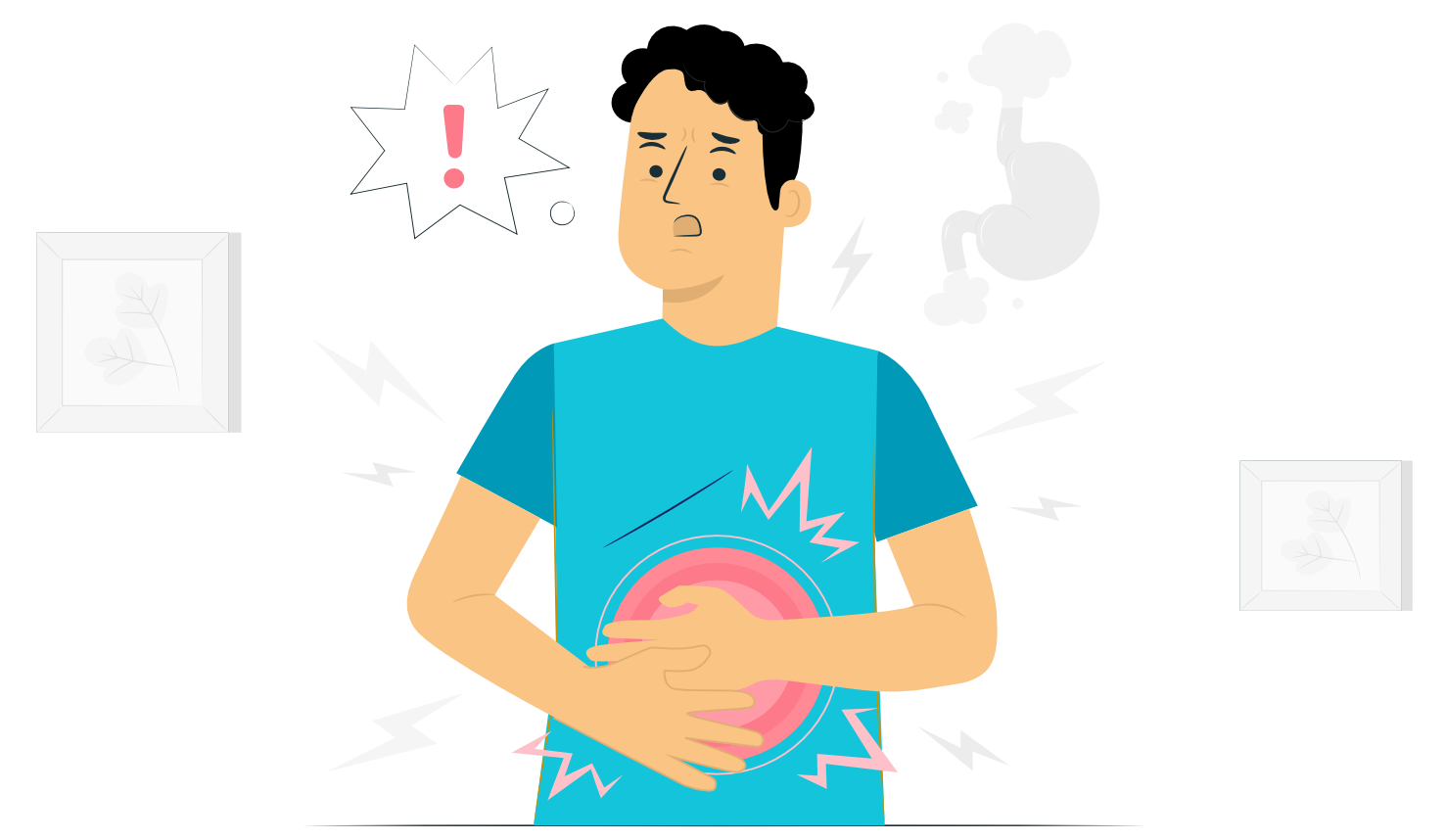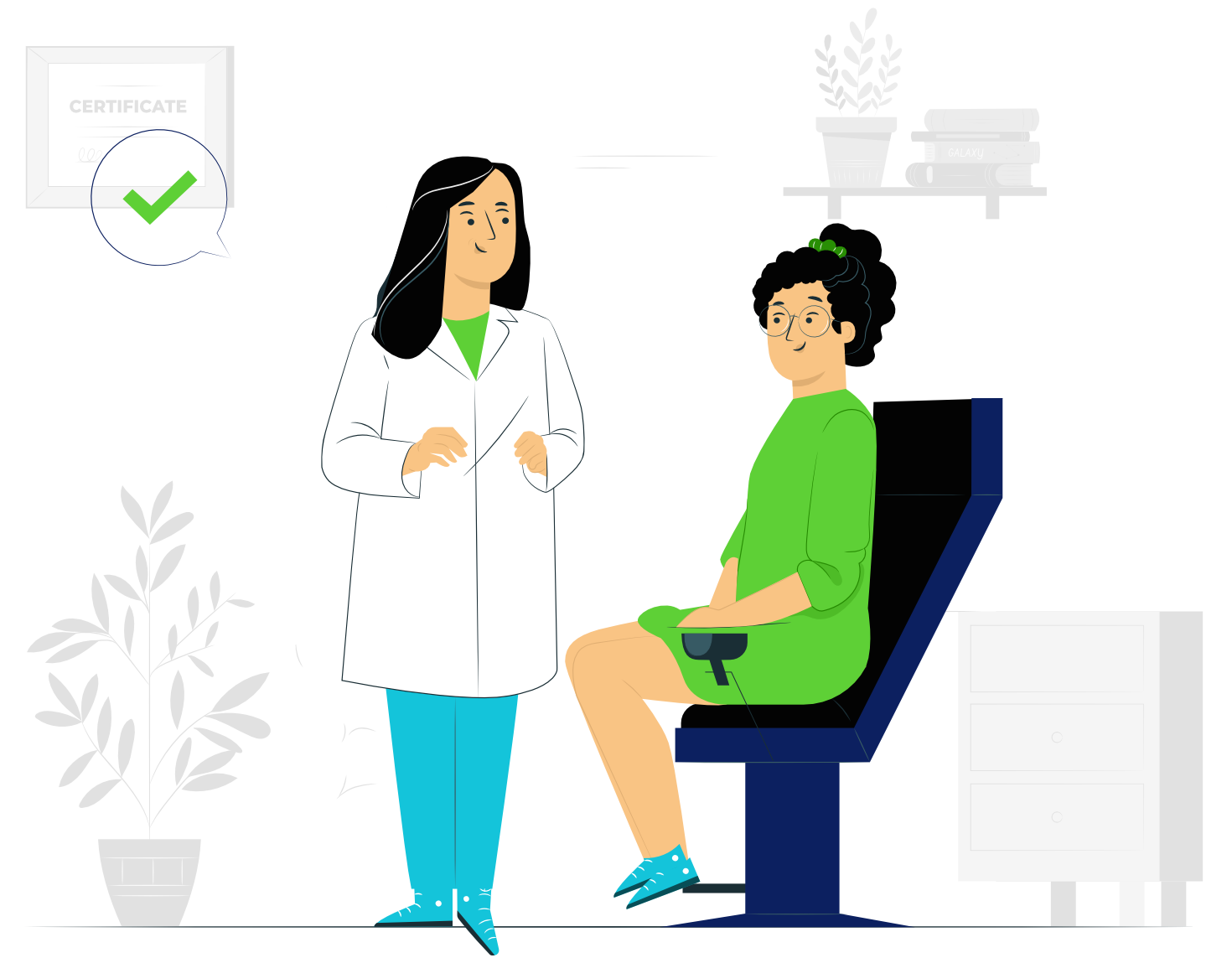Root Cause Disease Reversal
Find a permanent solution for your serious, chronic disease.
Permanent Solution for Chronic Diseases
Many people have a nagging health issue that may have been treated by different doctors but has not been resolved. The treatments may be offering temporary relief, but the issue reappears after a while.

Apollo AyurVAID’s Precision Ayurveda Approach for Root Cause Reversal

Apollo AyurVAID’s precision Ayurveda approach ensures systematic diagnosis and treatment of the root cause(s) of this chronic disease. This ensures the best probability of a permanent solution through a personalised prescription of diet-lifestyle-counselling-medicine-purvakarma & panchakarma therapies. Depending on the severity of the condition one or more rounds of intervention may be required but significant improvement if not total disease reversal can be achieved in one course of treatment. Panchakarma treatment or the personalised, systemic, deep cleansing/detoxification process is likely to be necessary to achieve desired clinical outcomes.
Typically, this program entails 7 to 14 to 21 days of treatment on an outpatient or in-patient basis or a mix of the two. In-patient care is compulsory for vulnerable patients and for those who stay far away from our hospital facility.
Ideally, an in-person consultation is recommended. However, tele-video consultations can also be enabled. In either case, the consultation shall be for a minimum of 45 minutes.
Please keep your past medical reports ready for sharing with the Apollo AyurVAID medical team before the consultation.
You may contact our Health Insurance Help Desk to explore if your treatment is covered under your health insurance policy (please keep the policy and annexures ready for reference).
Listen to our patient’s voice
FAQ on Root Cause Disease Reversal
To put it differently, Ayurveda posits 4 types of prognosis:
‘Sukhasaadhyaa’: Easily curable- e.g., Low-back-ache due to IVDP, Acid Peptic Disorders, Sinusitis, Early Stage Type-2 Diabetes, PCOD, Hypothyroidism, etc. Can resume normal lifestyle post treatment subject to minimal restraint.
‘Krichrasaadhyaa’: Difficult to cure, but curable – Mild to moderately severe Rheumatoid Arthritis, Migraine, etc. Can resume mostly normal lifestyle post treatment subject to moderate restraint.
‘Yaapyaa’: Can be brought under control but never permanently cured. i.e., once disease symptoms are brought under control the patient has to follow strict diet, lifestyle guidelines. Periodically, depending on seasonal impact to pre-empt and prevent disease flare-up, the patient may be prescribed Ayurveda medicines and/or seasonal cleansing therapies. Typical Yaapyaa conditions are Psoriasis, COPD, severe Rheumatoid Arthritis, SLE (Lupus), etc.
Mental stress and wellbeing also plays a significant role in the extent of clinical outcomes achieved. Particularly in Yaapyaa conditions sustainability of outcomes are hugely dependent on how well the patient takes responsibility for his/her own health. Apollo AyurVAID’s role is to empower the patient with the right insights and attitude so that the patient is confident and responsible in the choices he/she makes on a day-to-day basis.
